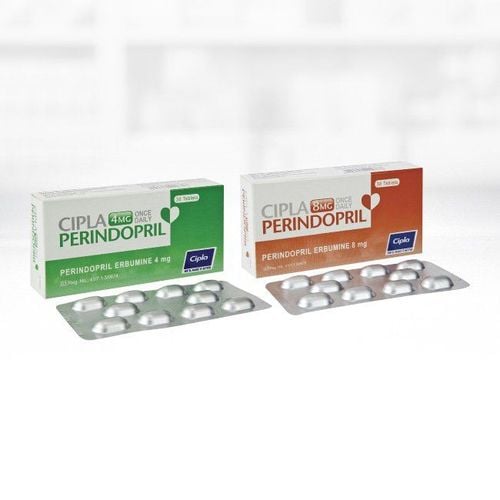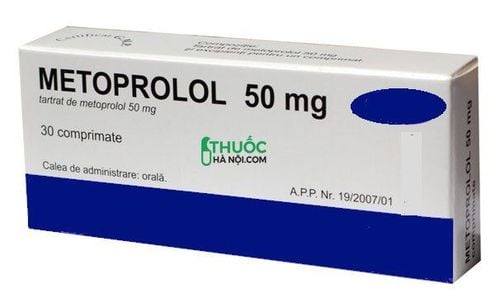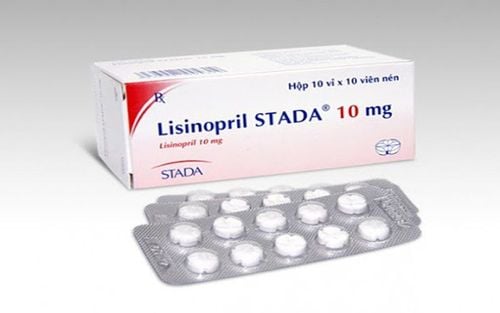This is an automatically translated article.
Rheumatic heart disease is an acute inflammatory disease that occurs after infection with group A hemolytic streptococci, which manifests as damage to the heart, joints and blood vessels. Manifestations of the disease are diverse and if not detected and treated promptly, can lead to death.
1. Learn about rheumatic heart disease
Rheumatic heart disease also known as acute rheumatic disease, rheumatic fever associated with streptococcus (group A beta-hemolytic streptococci) infection. This is a systemic inflammatory disease presenting with endocarditis, myocarditis, pericarditis, or a combination of the three. In addition to heart damage, the disease also damages joints, brain, and connective tissues under the skin.
Rheumatic heart disease mainly occurs in children aged 5-15 years, especially children 9-12 years old. Children with allergies such as urticaria, eczema, and bronchial asthma are more prone to rheumatic fever. In addition, the disease also has family factors and is common in areas with low socio-economic conditions and backward living conditions.
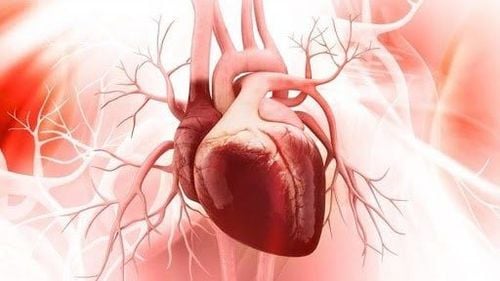
Bệnh thấp tim thường xảy ra ở trẻ em do nhiễm khuẩn gây ra
2. Manifestations of rheumatic heart disease
Rheumatic heart disease has diverse manifestations on many different organ systems. Clinical manifestations of the disease usually occur 2-4 weeks or so after the patient has been infected with streptococcus. Symptoms of the disease can also appear independently or in combination.
Signs of rheumatic heart disease include:
Sudden high fever is a sign of toxicity if the disease manifests itself as arthritis. Gradual fever, or mild fever unknown if the disease presents as primary heart inflammation.
In the typical form
The manifestations of arthritis include: Swelling, pain, heat, redness in the joints and causing limitation of movement. Patients often have polyarthritis, which occurs in the large joints. A special sign that helps identify this disease is arthritis of the displacement nature: when one joint shows signs of relief from pain and swelling, it will turn to arthritis in another joint. The average duration of inflammation in each joint was 3-7 days and did not exceed 1 month. Symptoms of joint pain usually improve quickly after a few days to a week or after taking aspirin or other pain relievers, leaving no sequelae in the joints.
In the atypical form
Includes manifestations such as:
Cardiac manifestations: Includes symptoms of myocarditis, endocarditis, pericarditis or total heart inflammation. The basic symptoms are: heart palpitations, arrhythmia, chest pain in front of the heart, pale skin, general fatigue,... If severe myocarditis, the patient has symptoms of acute heart failure including cyanosis. paleness, difficulty breathing, little urination, edema and even death; Skin manifestations: Hard Meynet granules, the size of a corn or pea, located around joints or along the spine, painless to the touch, lasting from 1 week to 2 months and then disappearing. In addition, many patients present with erythema and erythema but then it disappears rapidly; Neurological manifestations: Dancing, choreography (rapid involuntary movements, aimless, increased when emotional and disappear when sleeping or when concentrating on doing something else). Dancing, choreography can appear in the limbs, half of the body or all over the body; Other manifestations: Including pneumonia, vascular lesions, glomerulonephritis, acute hepatitis, ...
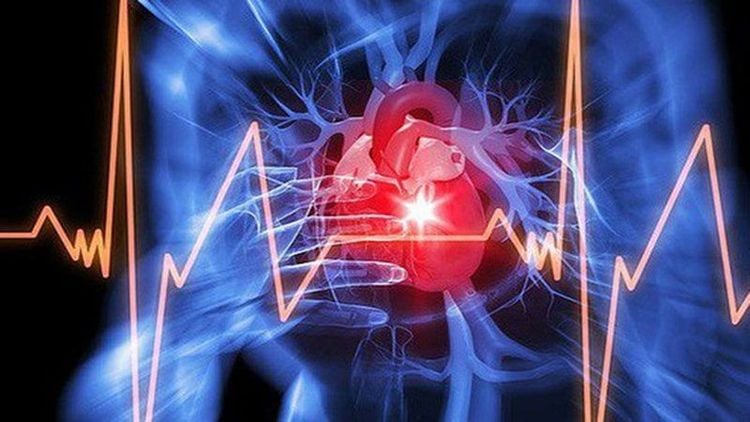
Một trong những biểu hiện của bệnh thấp tim là suy tim cấp
If not detected and treated promptly, rheumatic heart disease can cause cerebral infarction, kidney and extremities; facilitate acute and subacute infectious endocarditis; causes valvular fibrosis, leading to valvular regurgitation or stenosis. If left untreated, rheumatic heart valve disease can lead to heart failure.
Rheumatic heart disease has manifestations in many organs, in which the damage to the heart is the most dangerous, can cause death or cause many serious sequelae later. Therefore, early detection, prompt treatment and proper care are extremely important in avoiding serious complications of rheumatic heart disease.
Please dial HOTLINE for more information or register for an appointment HERE. Download MyVinmec app to make appointments faster and to manage your bookings easily.





